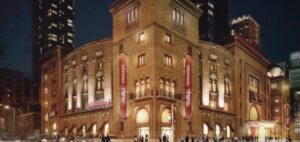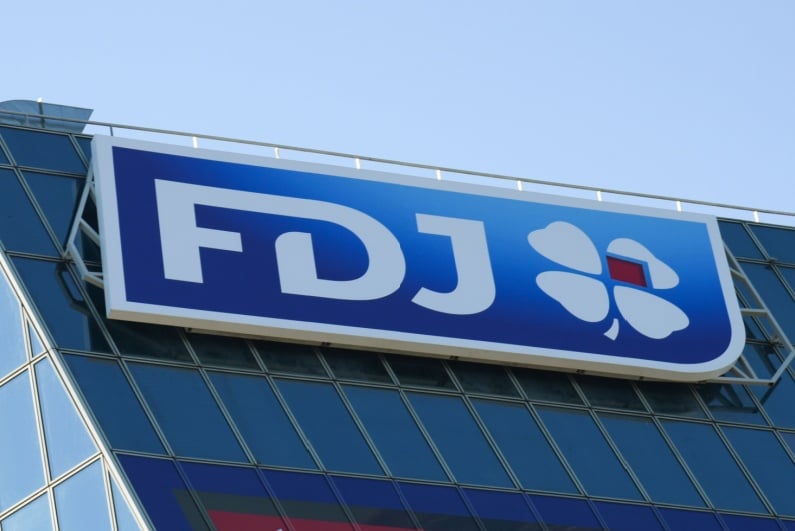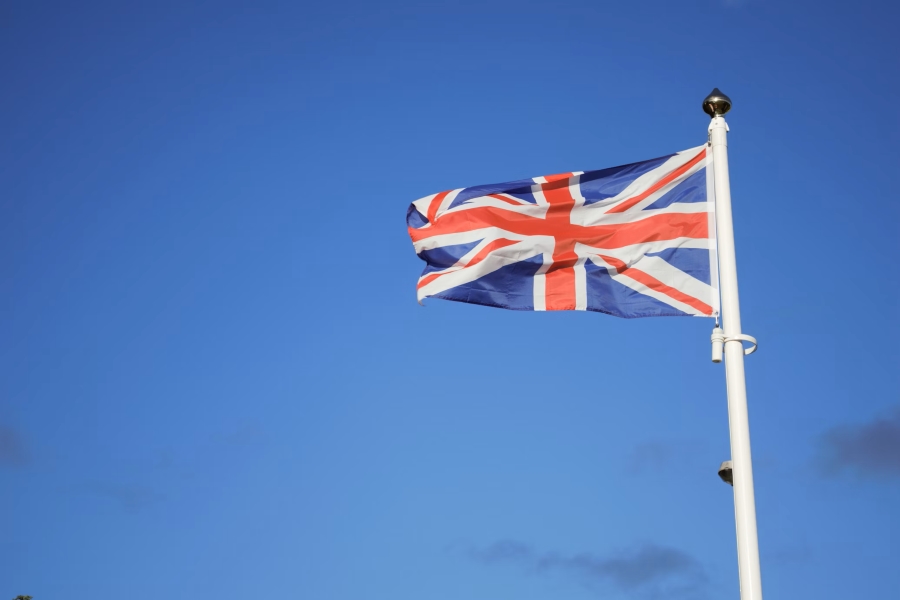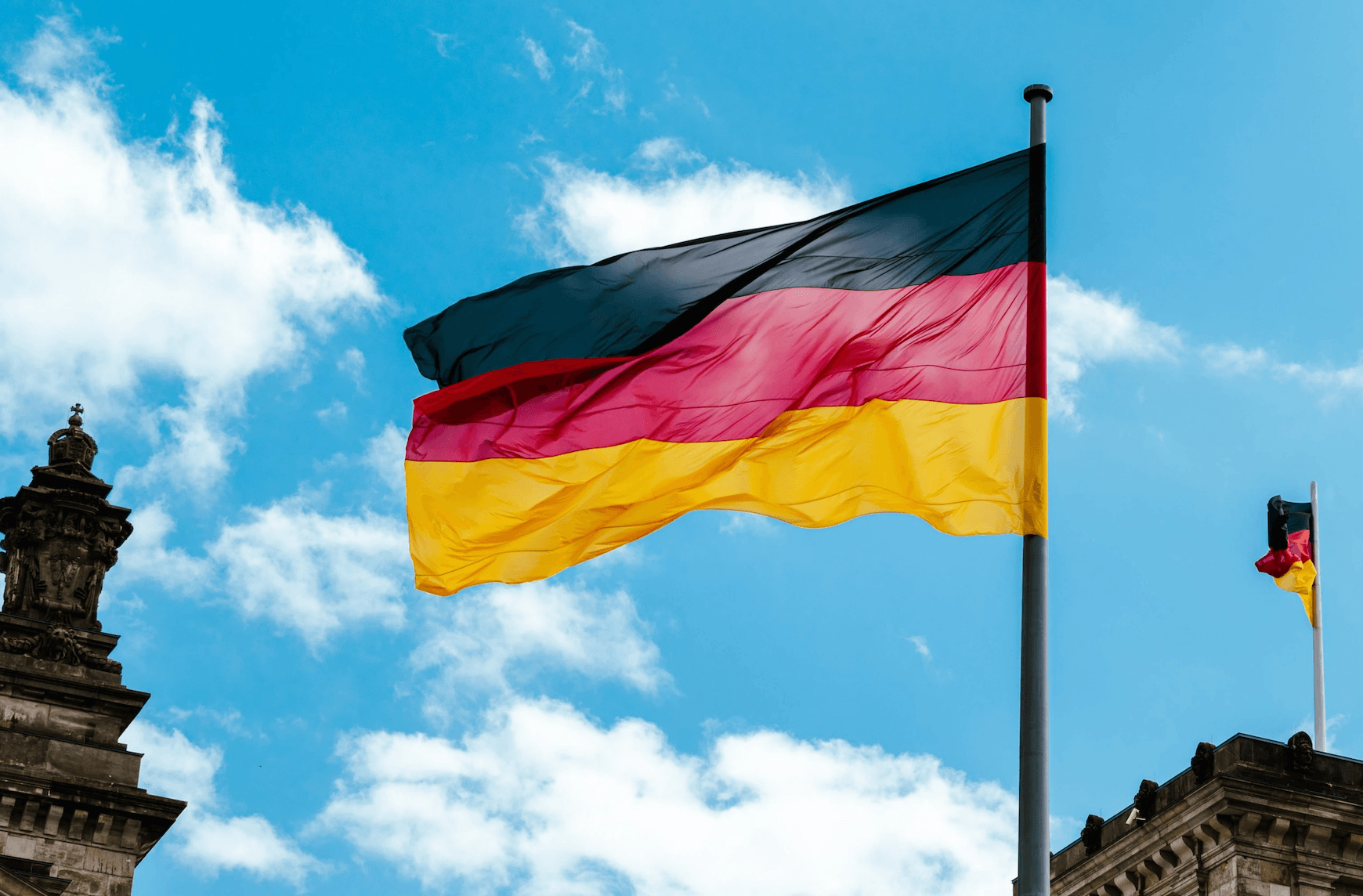Bally’s Hits Profits with Medinah Temple Agreement
Share This Tags Bally’s recently secured a four-year lease for the Medinah Temple building in Chicago, which is expected to bring financial gains for both Bally’s and the property’s owner, Albert M. Friedman. This agreement sets the stage for a temporary casino that promises to be a profitable endeavor, with projected monthly profits ranging from $3.5 million to $5 million for Bally’s and over $26 million in rent for Friedman. Let’s explore the details and significance of this arrangement.
Bally’s recently secured a four-year lease for the Medinah Temple building in Chicago, which is expected to bring financial gains for both Bally’s and the property’s owner, Albert M. Friedman. This agreement sets the stage for a temporary casino that promises to be a profitable endeavor, with projected monthly profits ranging from $3.5 million to $5 million for Bally’s and over $26 million in rent for Friedman. Let’s explore the details and significance of this arrangement.
The Medinah Temple, a beloved cultural and architectural gem in Chicago, is owned by Albert Friedman and his company Friedman Properties. It will be transformed into a temporary casino, featuring around 750 slot machines and 50 table games. Bally’s will take responsibility for utilities, insurance, security, and landscaping. This is expected to generate substantial monthly profits and contribute to an estimated $55 million in yearly tax revenue for the city.
The decision to choose Medinah Temple as the site for the temporary casino came before Bally’s was officially selected to operate the highly anticipated Chicago casino. The Lightfoot administration had considered Medinah Temple as an alternative location due to its potential as a temporary casino venue. Despite Friedman’s unsuccessful attempts to reduce real estate taxes, Bally’s will assume the burden of annual taxes, which are projected to surpass last year’s bill of $1,138,660.
The lease agreement, outlined in an extensive 80-page document, states that Bally’s will pay Friedman over $16.5 million in rent, along with a management fee of $330,000. If the casino decides to extend the lease for another two years, Friedman will receive an additional $9.6 million. These figures, along with management fees totaling $331,879 over the four-year lease, highlight the significant financial benefits for Friedman.
Additionally, Bally’s will cover Medinah Temple’s Cook County property taxes, which historically exceed $1.1 million annually. This adds to the already substantial costs of operating the temporary casino.
The Medinah Temple, valued at $23.4 million despite being appraised at $27.2 million, had previously received loans for its restoration, leading to the establishment of the Ohio/Wabash Tax Increment Financing District in 2000. The district, set to expire by the end of 2024, was created to repay the $20 million loans. While Bally’s and Friedman did not receive TIF money for the construction of the casino, the district played a role in shaping this lucrative agreement.
Looking ahead, Chicago’s first permanent casino, scheduled to open in 2026, has the potential to generate nearly $200 million in annual tax revenue. As plans for the permanent casino progress, Bally’s temporary operation at Medinah Temple will continue to be a significant source of income for both parties.
Albert M. Friedman, known for his successful redevelopment of 12 city blocks in River North, has a track record of attracting high-profile tenants to his properties. Medinah Temple has been home to esteemed establishments like Frontera Grill and has served as campaign offices for prominent politicians, including Johnson, Lightfoot, and Emanuel.
Negotiations between Friedman and the Lightfoot administration involved Samir Mayekar, Lightfoot’s former deputy mayor. Their email exchanges revealed the details of the lease and financial arrangements between Bally’s and Friedman.
As excitement builds for the opening of Chicago’s first casino, the temporary gambling hall at Medinah Temple demonstrates the city’s commitment to revitalizing its entertainment scene. With Bally’s expected to generate millions in monthly profits and Friedman poised to collect over $26 million, this partnership represents a significant opportunity for both parties.



 2023-10-12
2023-10-12














